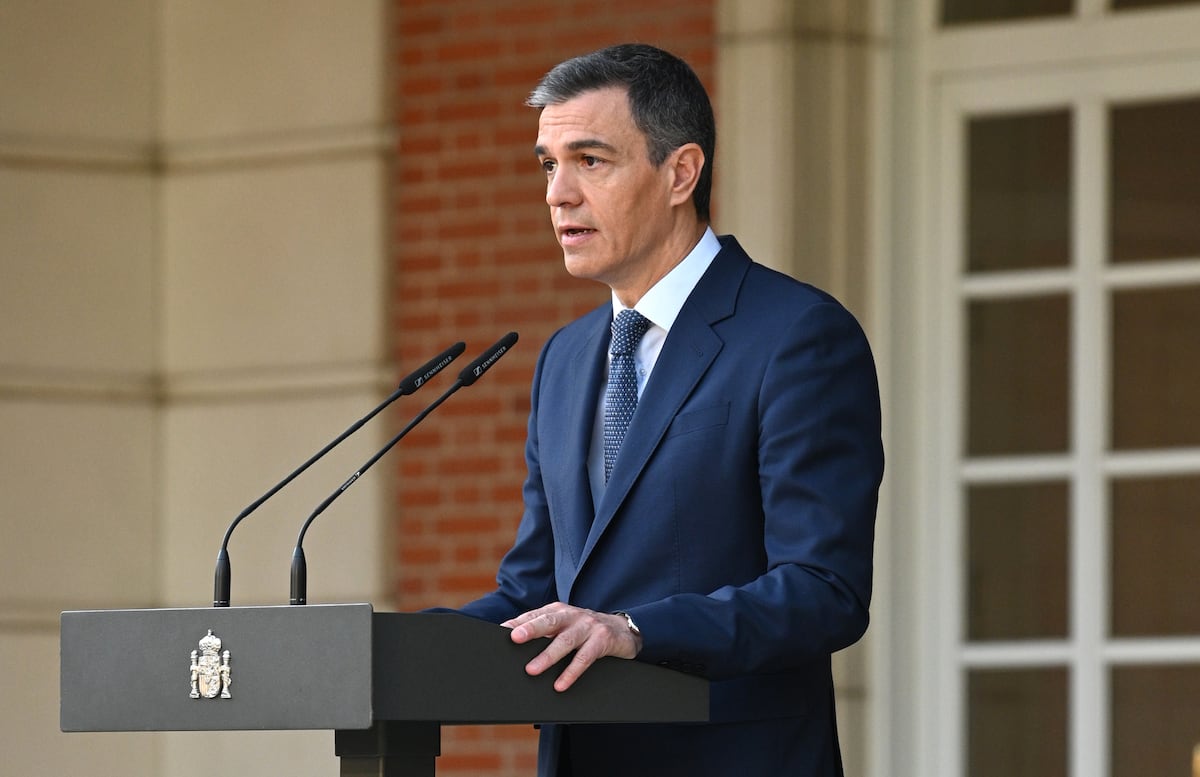Historic Recognition: Spain, Norway, and Ireland Acknowledge Palestinian State
In a major announcement on Tuesday, the governments of Spain, Norway, and Ireland formally recognized the State of Palestine. The decision was broadcast live by Spanish President Pedro Sánchez, who highlighted the 'national and international significance' of the move during a solemn address at the Moncloa Palace. Flanked by the Spanish and European Union flags, Sánchez emphasized the coordinated efforts between the three nations.
The recognition by these European countries has significant implications, particularly for Spain, which has a historical relationship with the Arab world. As Middle East expert Isaías Barreñada points out, Spain's approach to the Palestinian issue has been more understanding and open compared to other European nations. This new development aligns with Spain’s traditional policies towards the Arab world, further enhancing its prestige in the region.
Broader Impact and European Coordination
Ireland and Norway's participation in recognizing Palestine was comparatively low-profile. Norwegian Foreign Minister Espen Barth Eide described the recognition as 'memorable for the relationship between Norway and Palestine,' while Irish Prime Minister Simon Harris termed it a 'historic' step. These statements were issued alongside formal press releases and public appearances to solidify the decision.
The move by these three countries has increased the number of UN member states recognizing Palestine to 147 out of 193. This collective decision aims to contribute to the peace process in the Middle East by addressing the imbalance of forces between Israel and Palestine. Norwegian Foreign Minister Eide explicitly called on other European countries to follow suit to support a two-state solution and end the cycle of violence in Gaza and the West Bank.
Historical Context and Future Implications
This recognition comes at a crucial time when Israel's ongoing war on Gaza has caused substantial casualties, with more than 115,000 reported dead or wounded. The symbolic gesture has been well-received in Arab countries and among sectors of the Palestinian population, potentially setting the stage for more substantive actions such as denouncing the Israeli occupation of Palestinian territories. Israel and its main ally, the United States, continue to oppose such recognitions and have resisted Palestine's efforts to gain full UN membership.
- Historically, Spain has enjoyed a unique position within the Arab world due to its rich Muslim legacy and late establishment of full diplomatic relations with Israel in 1986. This historical context has given Spain a certain prestige and understanding in Arab countries.
- The number of countries acknowledging the Palestinian state now totals 147, highlighting a growing international consensus despite opposition from Israel and the United States. Palestinians maintain an observer state status in the UN, which they have held since 2012.






